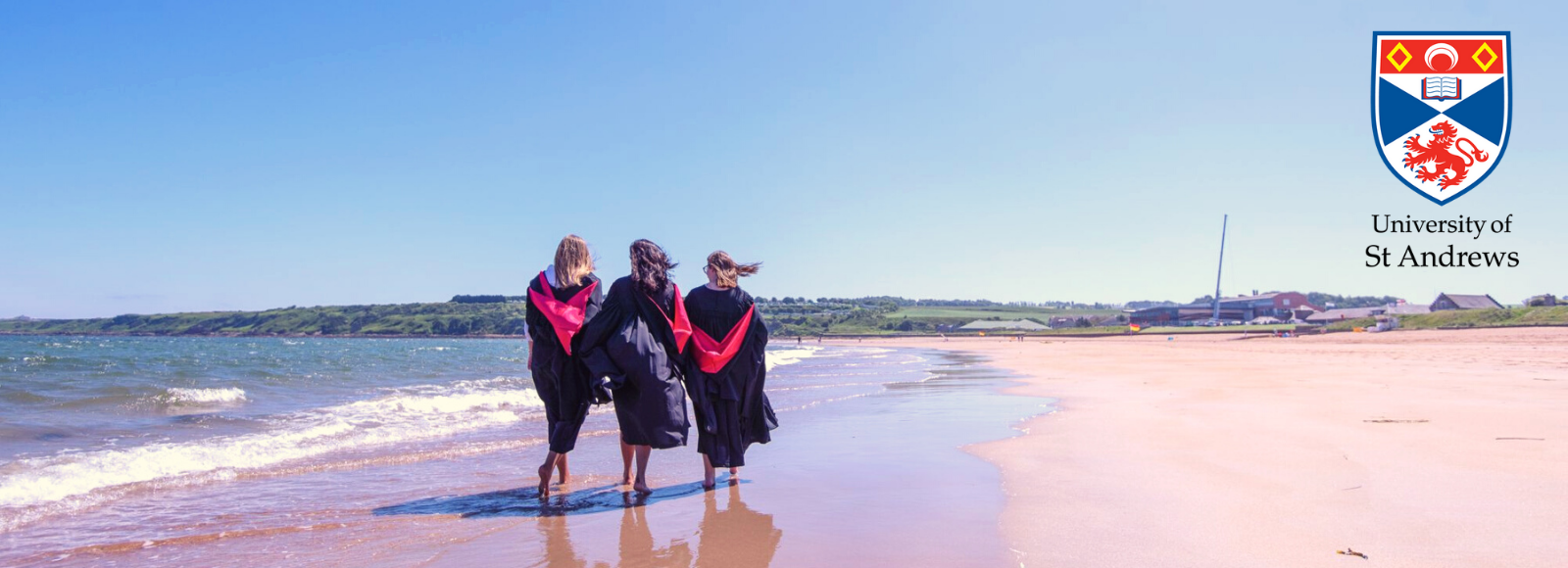- ...
Postgraduate Studentships - Search for funding opportunities.
Postgraduate Studentships - Search for funding opportunities.
What is gender, and how does it interact with our thinking about equality, inclusion, and justice? In this course, you will explore these questions by studying gender theory and by critically examining contemporary debates on gender issues.
Highlights
You will be taught by experts drawn from a pool of 100 academics from 17 academic Schools across the University providing distinctive disciplinary perspectives on key topics in gender studies, including gender theory, masculinities, queer theory, and trans theory.
This will enable you to develop a well-rounded, interdisciplinary understanding of gender studies and the ability to solve complex problems by critical understanding, analysis, and synthesis.
The degree provides a broad programme of study culminating in a supervised research project. It will thus be of particular interest if you intend to progress to doctoral research. It will equip you with a range of essential skills that are highly valued in a variety of professional contexts (e.g. journalism, media studies, social work, advocacy work).
The MLitt in Gender Studies welcomes applicants from a range of disciplinary backgrounds including, but not limited to:
The qualifications listed are indicative minimum requirements for entry. Some academic Schools will ask applicants to achieve significantly higher marks than the minimum. Obtaining the listed entry requirements will not guarantee you a place, as the University considers all aspects of every application including, where applicable, the writing sample, personal statement, and supporting documents.
Application requirements
For fees and funding options, please visit website to find out more
The University of St Andrews’ global reputation makes its graduates highly valued by employers. The MLitt in Gender Studies provides subject knowledge and applied skills relevant to a range of career paths; it will be of particular interest if you intend to continue to doctoral research.
In addition to broadening your subject knowledge and applying established techniques of research and enquiry, you will develop and demonstrate essential skills including:
The University also offers two awards for all students known as the Saints Skills Awards. You can develop a range of skills through the Skills Builder Award or learn how to best articulate them through the Skills Spotlight Award. These skills are highly valued by employers and the awards are a good addition to your CV.
The Careers Centre offers one-to-one advice to all students as well as a programme of events to assist students in building their employability skills.
Compulsory
The MLitt is structured around three compulsory taught modules
Semester 1
Semester 2
Optional
Optional modules allow you to broaden your learning in key topics relevant to the MLitt.
Modules are expected to be offered in the following areas:
Optional modules are subject to change each year and require a minimum number of participants to be offered; some may only allow limited numbers of students (see the University’s position on curriculum development).
The available optional modules will be confirmed before the MLitt start date.
Degree Project
The available optional modules will be confirmed before the MLitt start date.
The final part of the MLitt is the end of degree project. This takes the form of a period of supervised research where you will explore a gender studies topic in depth.
Through the project, you will show your ability to undertake sustained critical analysis, develop and improve your research skills, and produce an extended piece of written work that demonstrates a high level of understanding of your area of study.
You can choose to present your end of degree project in one of the following ways:
If students choose not to complete the dissertation requirement for the MLitt, there is an exit award available that allows suitably qualified candidates to receive a Postgraduate Diploma. By choosing an exit award, you will receive a PGDip instead of an MLitt.

Scotland’s first university, an experience like no other Masters programmes to help you find your future. Are you looking to earn an outstanding pos...
Sign up to Postgraduate Studentships
Sign up to compare masters
Thanks for making your selection. Click below to view your comparisons.